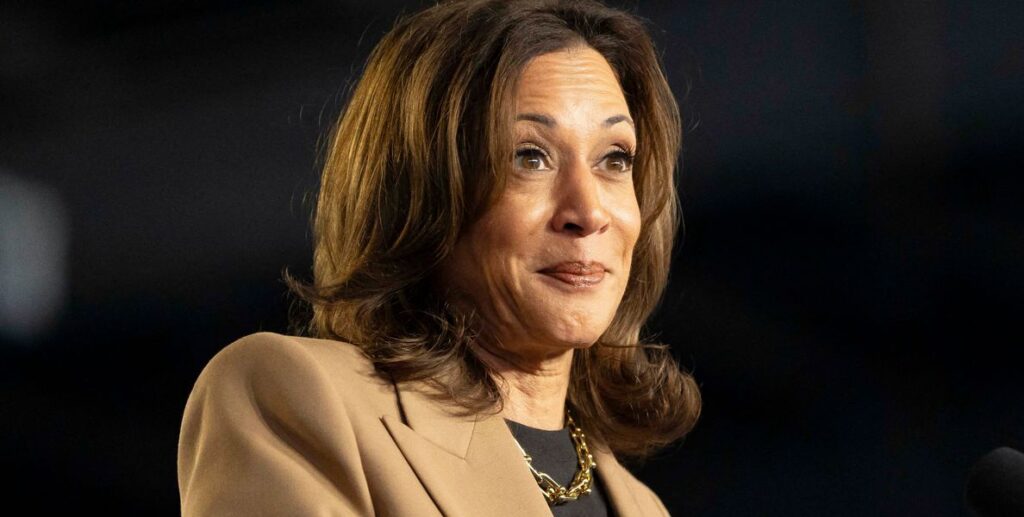On a recent Saturday, the White House made a significant announcement by releasing a detailed report of Vice President Kamala Harris’ medical history, marking the first time she has made such information public while serving in office or running for president. This move is seen as a strategic effort to exert pressure on former President Donald Trump, pushing him to disclose more about his own health status. As outlined by Dr. Joshua Simmons, Harris’ physician, the memo conveyed that she is in excellent health and possesses the necessary physical and mental resilience required for the duties of the presidency. This transparency appears aimed at contrasting her health disclosure with Trump’s reluctance to share similar information.
In his memorandum, Dr. Simmons addressed certain health specifics, noting that while Harris suffers from seasonal allergies and has nearsightedness corrected by contact lenses, she nevertheless leads an active lifestyle that includes daily vigorous aerobic exercise and core strength training. The release of her health details is crucial in the current political climate, where health has emerged as a focal topic in the lead-up to the 2024 election. Harris’ advisers view this release not only as a means of alleviating public concerns about her health but also as a tactical move to compel Trump to reveal more about his health conditions, especially in light of his lengthy and sometimes disjointed rally speeches and recent assassination attempts.
In response to Harris’ health report, Trump campaign spokesperson Steven Cheung offered a contrasting perspective, asserting that Trump’s vigorous campaigning illustrates his good health. Cheung pointed to a memo from Dr. Ronny Jackson—an ally of Trump—who claimed that Trump was in good condition following his initial assassination attempt. He argued that Harris’ reduced campaign schedule reflects her lesser stamina compared to Trump, framing her inability to keep pace with the demands of the campaign as unfit for presidential duties. This discourse underscores the contrasting narratives being peddled by both camps regarding their candidates’ health and readiness for leadership.
Health-related scrutiny has been a prominent theme in the 2024 campaign, particularly as President Joe Biden’s cognitive abilities have been questioned following his first debate performance, leading to his decision to exit the race. The historical expectation for presidential candidates to release their medical reports—including metrics such as height, weight, and daily medications—has become increasingly significant. Furthermore, Trump has faced ongoing pressure to make public the outcomes of a full cognitive examination, a narrative amplified by his own prior health disclosures that were somewhat vague.
Last November, Trump did release a letter from his doctor that claimed he was in “excellent” health and performed exceptionally on cognitive tests. Additionally, that letter hinted at potential weight loss since Trump weighed in at 244 pounds in 2020. Despite these assertions, the level of transparency in revealing his detailed health indicators remained minimal compared to the expectations set for presidential contenders. The stark contrast between Harris’ newfound openness and Trump’s historical hesitance could serve to impact public perceptions as the election progresses.
Prior to this report, little was known about Harris’ health, with her only public medical incident being a COVID-19 infection in April 2022. There has been no previous instance during her vice presidency or her 2020 presidential campaign where she disclosed medical records, leading to this release being analyzed for both its strategic implications and its potential impact on public trust and voting behavior. As the race intensifies, the focus on the candidates’ health will likely continue to be a significant factor shaping the political landscape as voters assess who they deem fit for the highest office.

